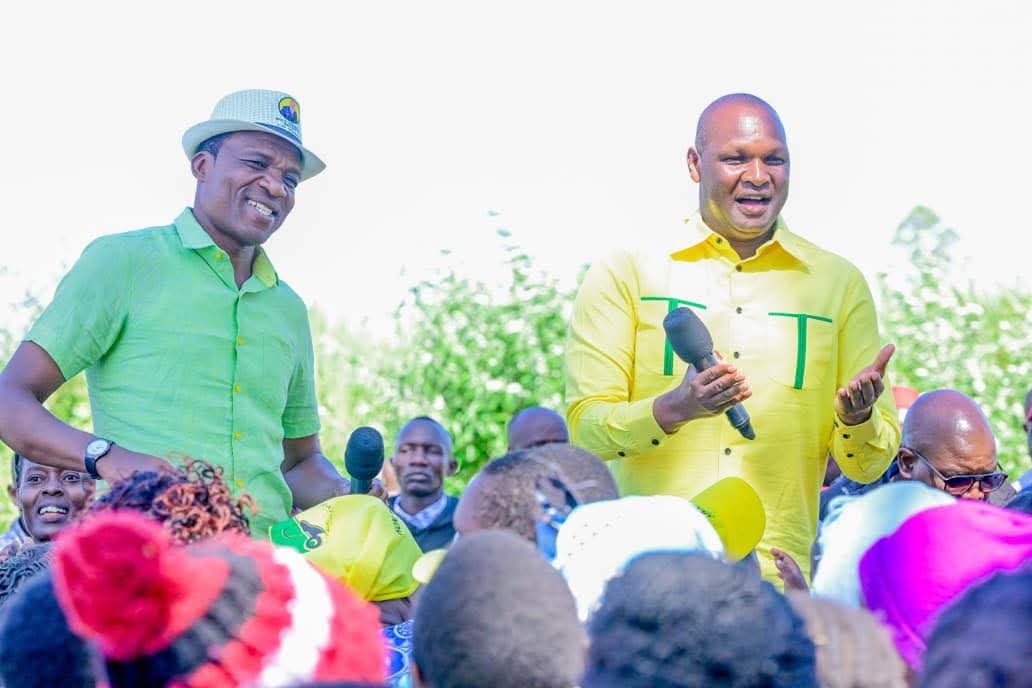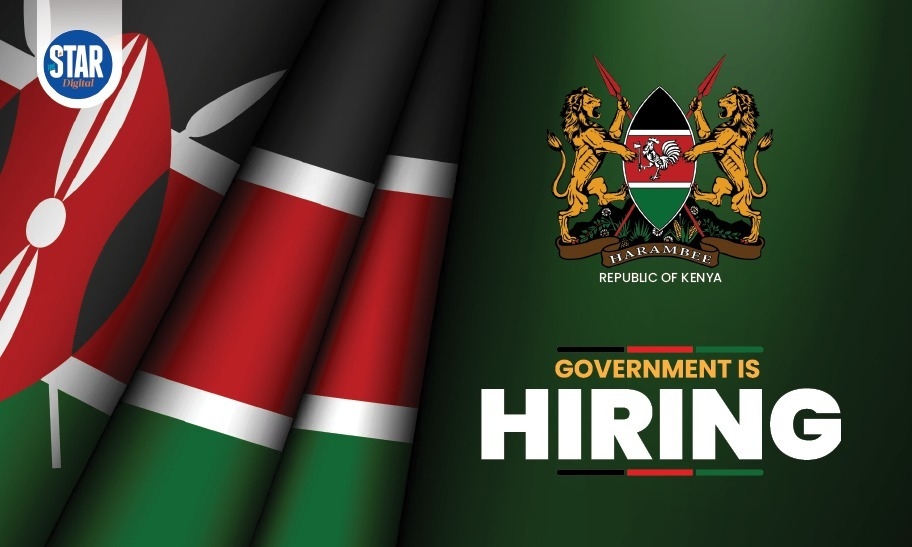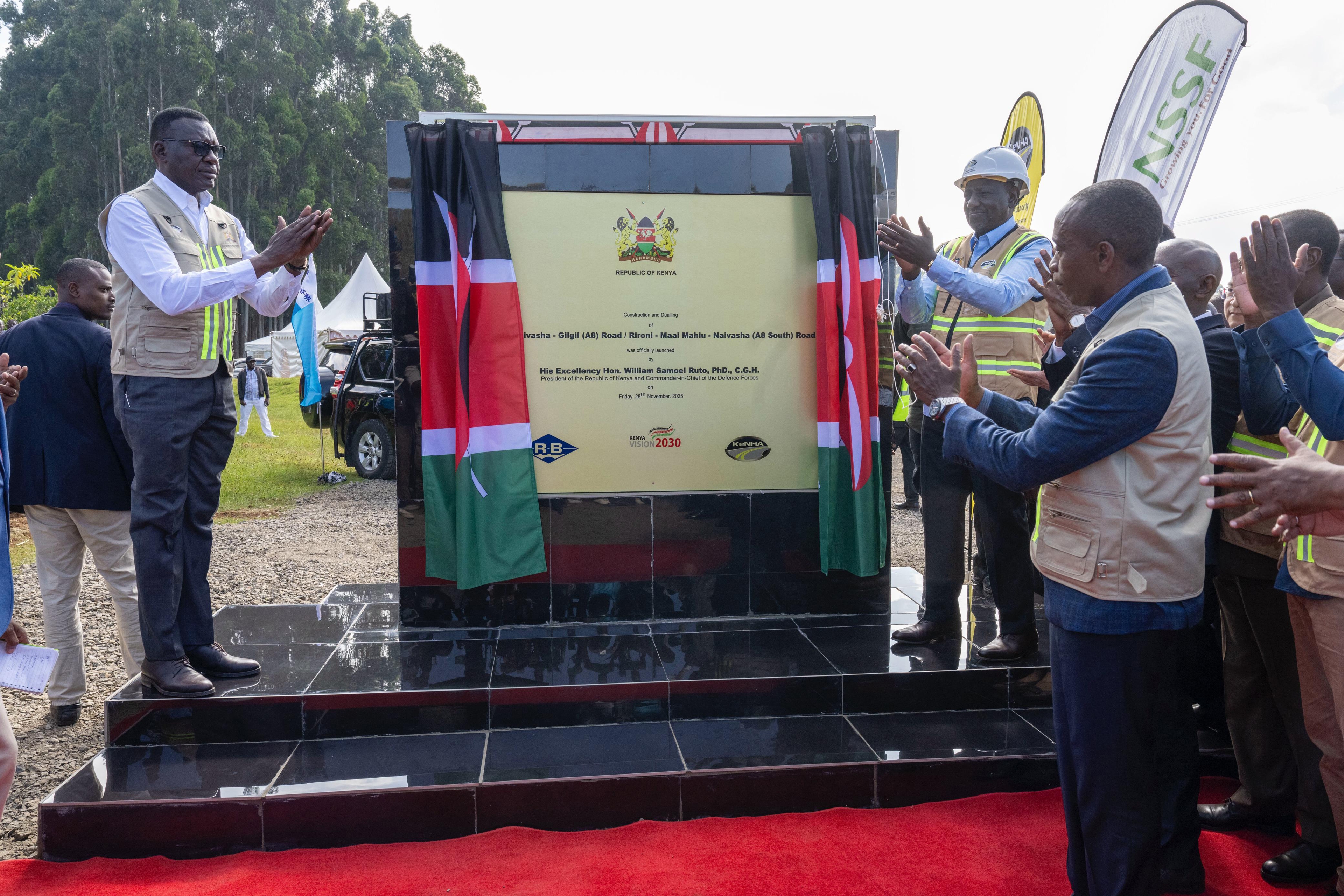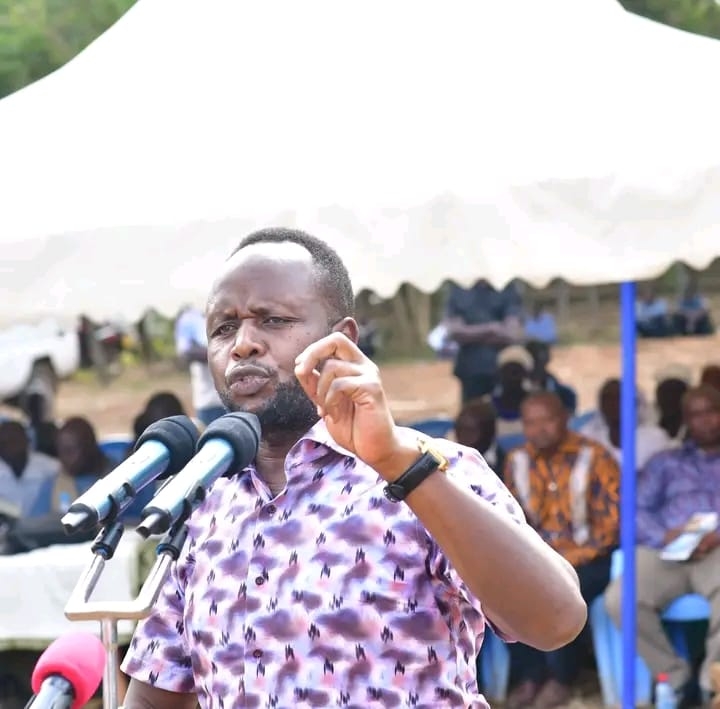
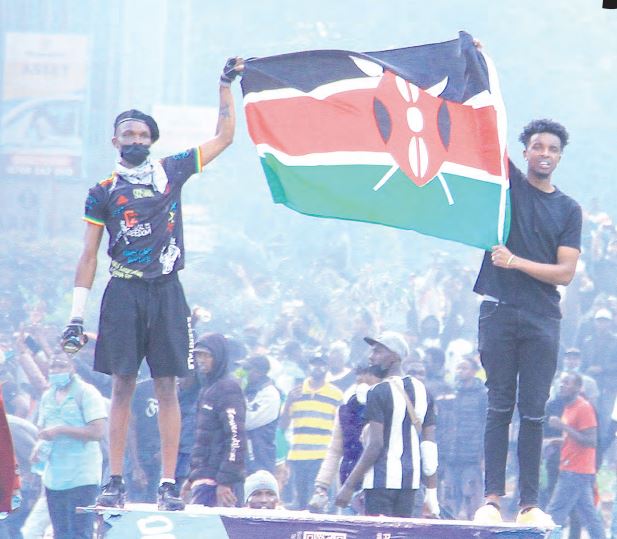 Protesters during demonstrations in 2024/FILE
Protesters during demonstrations in 2024/FILEThe Institute for Human Rights has called on the government to address abductions and alleged extrajudicial killings in the country.
The Institute said that Kenyans have a right to express themselves however they want.
Speaking to the Star on Wednesday, Human Rights President David Koros called on the government to take action against perpetrators.
“I am quite disappointed in the way the government is handling human rights violations in the country; it is disturbing that most Kenyans are living in fear of expressing themselves,” he said.
“I call upon the government to take serious action against the perpetrators of the abductions and extrajudicial killings that have been exercised across the country.”
Koros faulted security agencies for allegedly using force in handling protesters trying to express themselves.
According to the Institute for Human Rights president, leaders, especially Members of Parliament, must come out to condemn the alleged violation of human rights.
“MPs must condemn and summon the heads of security agencies to shed light on this,” he added.
He condemned the killing of Nakuru-based activist Richard Raymond Otieno, saying it was a violation of human rights.
Otieno was brutally killed on Saturday night around 11 pm as he was heading home.
Close associates alleged he had reportedly received death threats from unknown people in the past few days. Police said they are investigating the murder.
“The recent case, in which a human rights activist in Nakuru was killed, is disturbing across the country. The normal citizen cannot attack such a person because it is their voice. The voice of society. We blame the government for failing to protect its citizens,” he added.
Koros called for speedy investigations into the death of Otieno.
According to Koros, the Institute will be writing a letter to the United Nations Commission of Human Rights to visit the country and establish an inquiry.
“This is a serious case, and we believe that the only way is for the UN Commission of Human Rights Council to establish an inquiry,” he added.
“It is a violation of the constitution; the state is not taking it seriously; we lack political will, and Kenyans have the freedom to express themselves without fear.”
Koros called on Kenya to learn from the past mistakes in the 2007-08 post-election violence and not to take the country to the dark days.
“If the trend continues, then it is upon Kenyans to do what is right for them. They have a right to assembly, freedom of association, and movement. Those are constitutional rights that every citizen has and cannot be taken by anyone else,” he added.
The Institute for Human Rights President called on the civil society group to be more proactive in enlightening Kenyans on their civic roles.
“The government is not doing well in issues of human rights, especially in Africa. It is questionable, and there is a need to take action on this,” he added.
Koros called on donor communities to fund civil society groups in the country to enable them to defend human rights.
“This will enable them to document cases of human rights violations, which are serious cases across the country. Civil society lacks financial support to move around and do their work.”
In its latest report released in late December, the Kenya National Commission on Human Rights said at least 82 cases of abductions had been reported since June 2024, with 29 of these cases not yet resolved.
President William Ruto’s administration has denied involvement in the abductions and disappearances, with the Head of State saying police should account for the missing persons.




